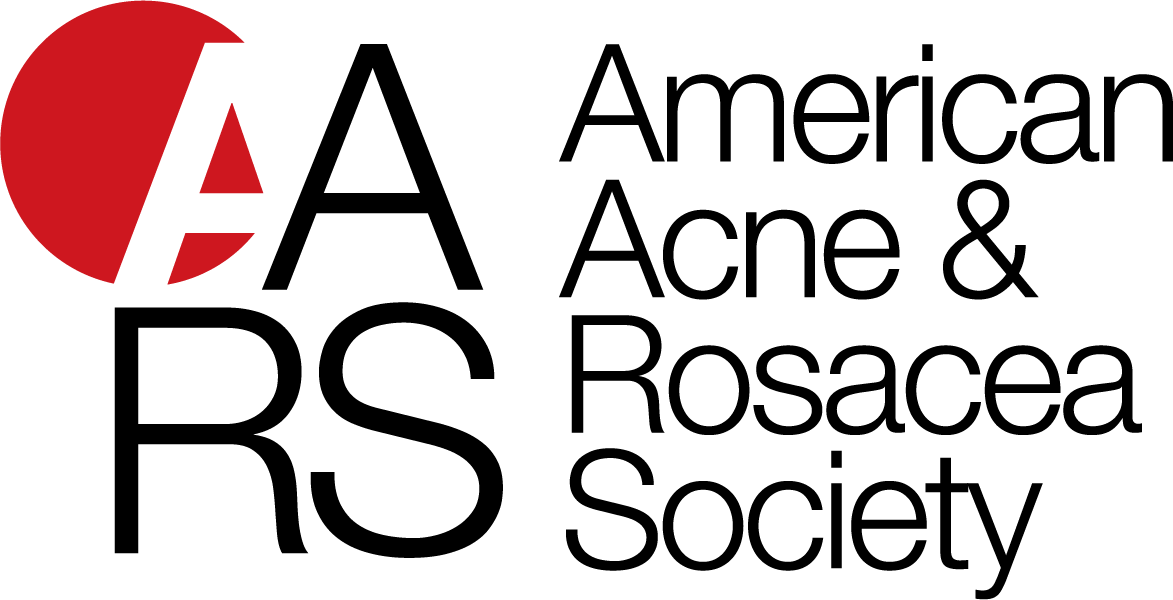Jason M. Rizzo, M.D., Ph.D.
University of Michigan, Department of Dermatology
Ann Arbor, MI
2016 Research Grant Recipient
Gastrointestinal bacterial colonization in rosacea, a biomarker for aberrant innate immunity?
Abstract
Despite the identification of abnormal innate immune responses in the skin, the precise role of microorganisms in rosacea pathogenesis remains controversial. Increased colonization and/or immune hyperreactivity to microbes have been reported. Most characteristically, this includes the cutaneous commensal Demodex folliculorum, however, extracutaneous associations with gastrointestinal (GI) pathogens including Helicobacter pylori and, more recently small intestinal bacterial overgrowth, have also been proposed. Establishing the validity and functional relevance of extracutaneous (GI) bacterial associations with rosacea is important to test the hypothesis that rosacea is a cutaneous manifestation of a more systemic inflammatory disease. As a systemic disease, overgrowth of intestinal bacterial populations and/or their products may contribute to or result from immune dysregulation driving episodic flares.
Herein, we propose a prospective observational study seeking to validate reported associations between abnormal bacterial colonization of the GI tract with rosacea. Parallel analysis of immunological data will provide a comprehensive view of GI-rosacea associations and a basis for follow-up mechanistic studies into the systemic effects of disease associations. Results will have significant implications for development of pharmacological interventions targeting key inflammatory pathways in rosacea pathogenesis.




